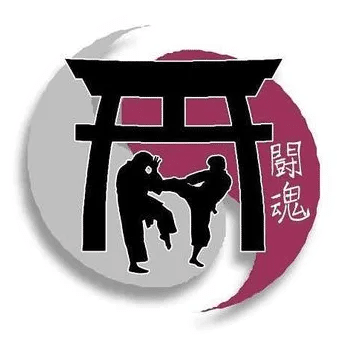
Gichin Funakoshi (1868–1957) is a foundational figure in karate and is often referred to as the "father of modern karate." Born in Okinawa, he began training in martial arts at a young age, learning various styles including Shuri-te.
Key Contributions:
Introduction to Japan: Funakoshi moved to Tokyo in 1922, where he introduced karate to a broader audience. His demonstrations and teaching garnered significant interest and led to the establishment of karate as a formal martial art in Japan.
Karate-Do: Funakoshi emphasized the term "Karate-do," meaning "the way of the empty hand." This reflects his belief that karate is not just about fighting techniques but also about personal development, discipline, and character building.
Philosophy: He integrated Zen philosophy into his teaching, focusing on mental training alongside physical techniques. His approach emphasized humility, respect, and self-control.
Shotokan Style: Funakoshi founded the Shotokan style of karate, characterized by its deep stances, powerful strikes, and emphasis on kata (forms). He also developed a comprehensive curriculum that included kihon (basics), kata, and kumite (sparring).
Publications: Funakoshi authored several books, including "Karate-Do: My Way of Life," where he shared his philosophy and experiences, further promoting the art.
Legacy:
Funakoshi's influence on karate is immense, with his teachings and style spreading globally. He established many dojos and trained numerous students, many of whom became prominent karate instructors themselves. His contributions laid the groundwork for the development of various karate styles and the martial arts community as a whole.
Kyoshi Bill Wakefield
